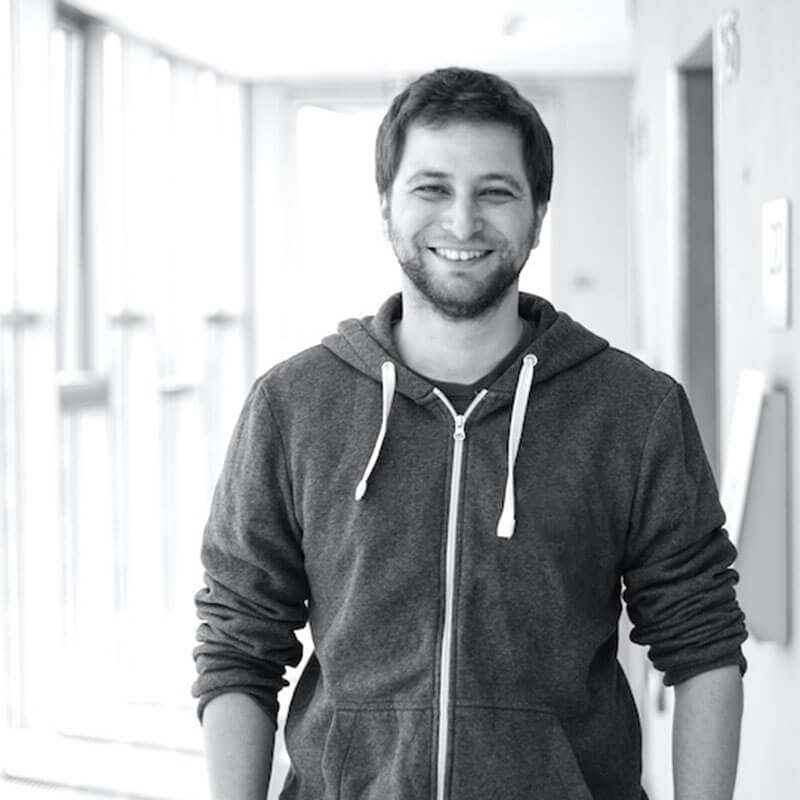
Jens Krause (Science of Intelligence), “Collective Behaviour and Collective Memory”
MAR 2.057Abstract: The idea that animal groups can have collective memories has been raised a number of times in different contexts. The information centre hypothesis predicts that communal roosts allow for information exchange between individuals so that successful foragers, for example, can be followed by others to promising sites. A different approach to collective memory has















